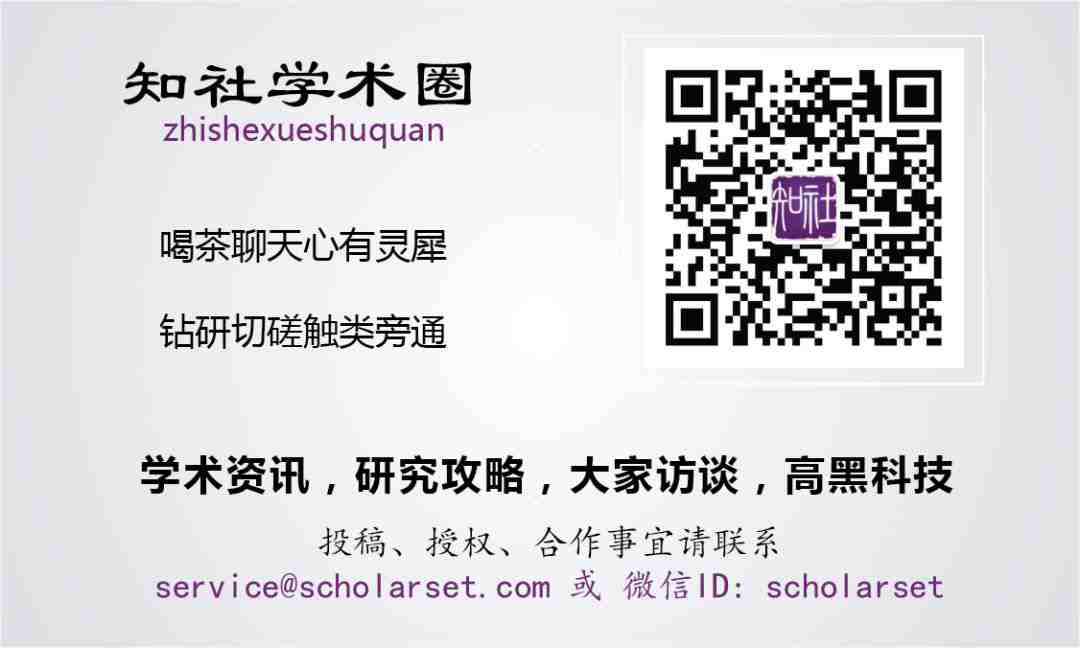Call For Paper JMAT Flexible materials

海归学者发起的公益学术平台
分享信息,整合资源
交流学术,偶尔风月

Special Issue on
“Flexible electronic materials and devices”
Summary and Scope
Flexible electronic materials and devices have attracted great attention due to their full advantage of both structural plasticity and multi-level integration. Examples of active flexible applications include flexible displays, flexible cell phones/computers/digital cameras, wearable healthcare monitoring, and other flexible electronic systems. Such materials include organic and inorganic forms for sensors and other devices with flexibility and multifunctional properties. A strong research activity in this field would therefore require deep understanding of the fundamentals of the subject, which are important for a wider scientific community comprised of materials scientists, physicists, chemists, technologists and engineers, from academia and industries.
The Journal of Materiomics is a leading academic journal that publishes cutting-edge research in this particular field. The journal is planning a special issue (to be published in January, 2020) focused on the progress in flexible materials and devices.
The topics that the special issue will include, but not be limited to:
- Fundamentals on design of flexible electronic materials and devices
- Organic flexible electronic materials and devices
- Inorganic flexible electronic materials and devices
- Stretchable/wearable electronic devices
Submission Guideline
Authors should prepare their manuscripts following the online submission page of Journal of Materiomics at http://www.journals.elsevier.com/journal-of-materiomics. All manuscripts will be peer-reviewed according to the journal reviewing procedures.
Important Dates
Manuscript submission due date: 30 September, 2019
Publication date: 20 January, 2020
- Prof. Yuan Lin, The University of Electronic Science and Technology, ChinaE-mail: [email protected]
- Prof. Quanxi Jia, University at Buffalo, USAEmail: [email protected]
- Prof. Hong Wang, Southern University of Science and Technology, ChinaEmail: [email protected]
- Prof. Xuanhe Zhao, MIT, USAEmail: [email protected]
扩展阅读
本文系网易新闻·网易号“各有态度”特色内容
媒体转载联系授权请看下方

最新评论
推荐文章
作者最新文章
你可能感兴趣的文章
Copyright Disclaimer: The copyright of contents (including texts, images, videos and audios) posted above belong to the User who shared or the third-party website which the User shared from. If you found your copyright have been infringed, please send a DMCA takedown notice to [email protected]. For more detail of the source, please click on the button "Read Original Post" below. For other communications, please send to [email protected].
版权声明:以上内容为用户推荐收藏至CareerEngine平台,其内容(含文字、图片、视频、音频等)及知识版权均属用户或用户转发自的第三方网站,如涉嫌侵权,请通知[email protected]进行信息删除。如需查看信息来源,请点击“查看原文”。如需洽谈其它事宜,请联系[email protected]。
版权声明:以上内容为用户推荐收藏至CareerEngine平台,其内容(含文字、图片、视频、音频等)及知识版权均属用户或用户转发自的第三方网站,如涉嫌侵权,请通知[email protected]进行信息删除。如需查看信息来源,请点击“查看原文”。如需洽谈其它事宜,请联系[email protected]。